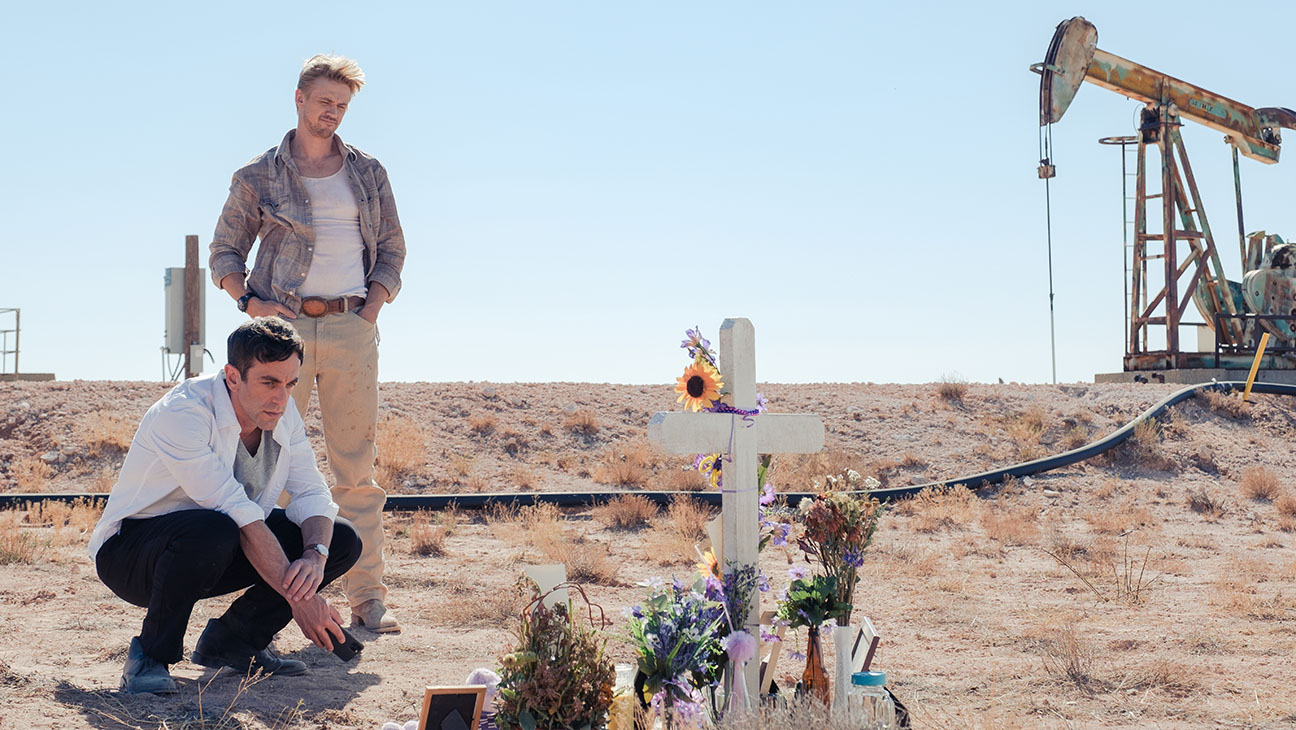There are two Americas. That’s the conventional wisdom. But the real cultural divide in America is not red state vs. blue state, it’s rural vs. urban. Despite all the performative rivalries, the truth is we Memphians have more in common with Nashvillians than we do with the folks in the in-between places. Part of the divide is simply because things are different in the country than in the city. Agriculture, mining, and certain kinds of heavy industry are the dominant economic forces in the country. Things which depend on population density, like cultural institutions and restaurants, can’t survive in a rural setting.
But part of it can’t be explained by economics. Urban populations are much more racially diverse. Rural populations are a lot more religious than urban populations—specifically, they’re a lot more Evangelical Christian. If you grow up in a rural area as LBGTQ, or a religious dissenter, or a disfavored minority, or a woman who falls on the wrong side of the religious patriarchy, or if you’re just plain weird, you tend to leave for the city as soon soon as possible. Over the long term, this reinforces the cultural divide.
Vengeance, the new film by actor turned writer/director B.J. Novak, is all about that divide. Novak (who you probably recognize from The Office), plays Ben Manalowitz, a writer for The New Yorker and a “blue check on Twitter.” Ben is living the New York City dream, hobnobbing in the publishing and media worlds, and swimming in the city’s notoriously wide and shallow dating pool. One night, while canoodling with a blonde girl known by his phone contact as “Brunette House Party,” he gets a weird call — a guy named Ty (Boyd Holbrook) telling him his girlfriend Abby (Lio Tipton) has been murdered.
Ben was not under the impression that he had a girlfriend, but Ty is so insistent and distraught about his sister’s death, he can’t break it to him on the phone. Afterwards, he figures out who Ty was talking about — Abby, identified in Ben’s phone as “Texas,” was an aspiring musician he hooked up with a few times before losing track of her. Like so many before her, she was chewed up and spit out by the New York media machine, and ended up back in her desolate West Texas home town. Ben is trying to break into the podcasting market, and uses his in with Eloise (Issa Rae), a producer for an NPR-like media org, to pitch an idea: He would go to Abby’s hometown and try to figure out how she died.

Once on the ground, Ty and the family treats him well. Abby told them they were in love, and Ben tries not to lie about it while not exactly dissuading them of the notion, either, lest he lose his most valuable contacts for the story. This turns Abby’s funeral into an epic cringe comedy sequence at Ben’s expense.
Novak, who has a considerable amount of experience writing for television, has swung big with his first feature film. He could have done an easy comedy like Old School or Night at the Roxy. Instead, Vengeance is a strange, ambitious hybrid of fish out-of-water comedy and mystery. Novak even gets milage out of the tension by making the subject and tone of the podcast the subject of a running argument between him and his producer. Ben treats Abby as the Laura Palmer of West Texas, and he’s Agent Cooper, documenting everything via his ubiquitous digital recorder. His proposed name for the podcast is “Dead White Girl.” Behind his back, the production team has another name for it: “Douchebag Goes West.”
Novak gets a lot right. As a director, he’s much more sympathetic towards the flyover locals than Ben is. There are some genuinely funny moments, and a standout performance by Ashton Kutcher as a philosophizing country music record producer. The mystery story happening alongside the comedy features the kinds of twists and turns you want out of a true crime podcast. But ultimately, the clashing tones prove too much to handle. Novak writes himself into a corner and fails to stick the landing. But like the earnest Texans it gently satarizes, even though it is deeply flawed, there is a lot to admire about Vengeance.
